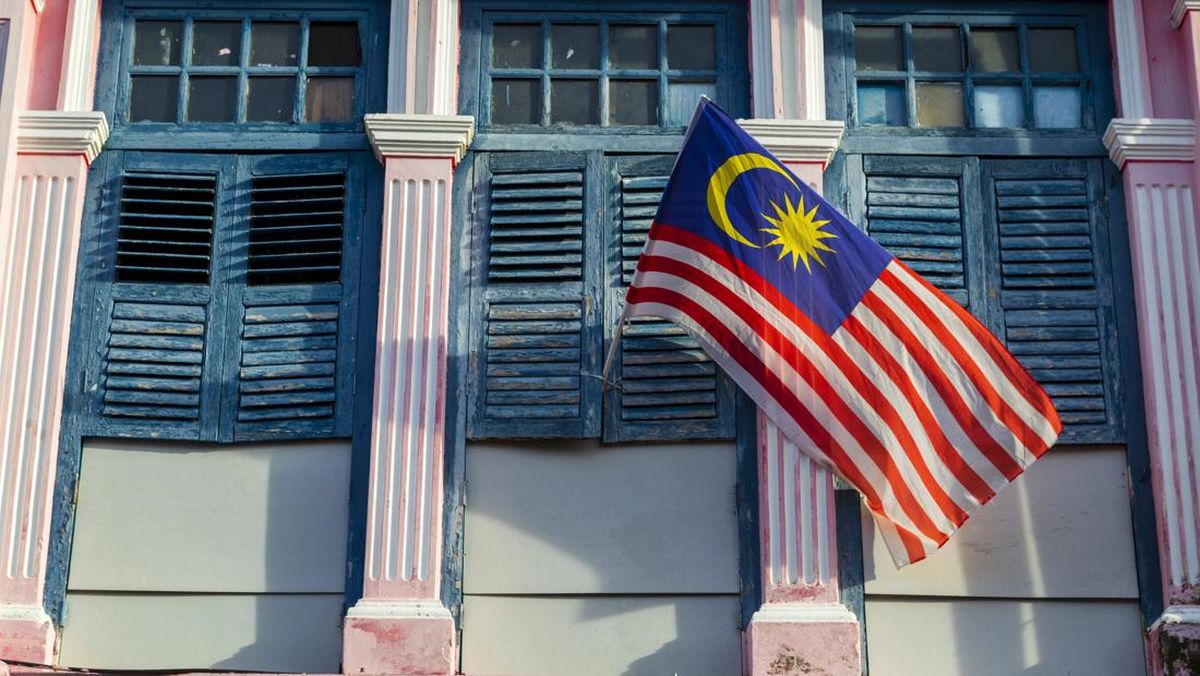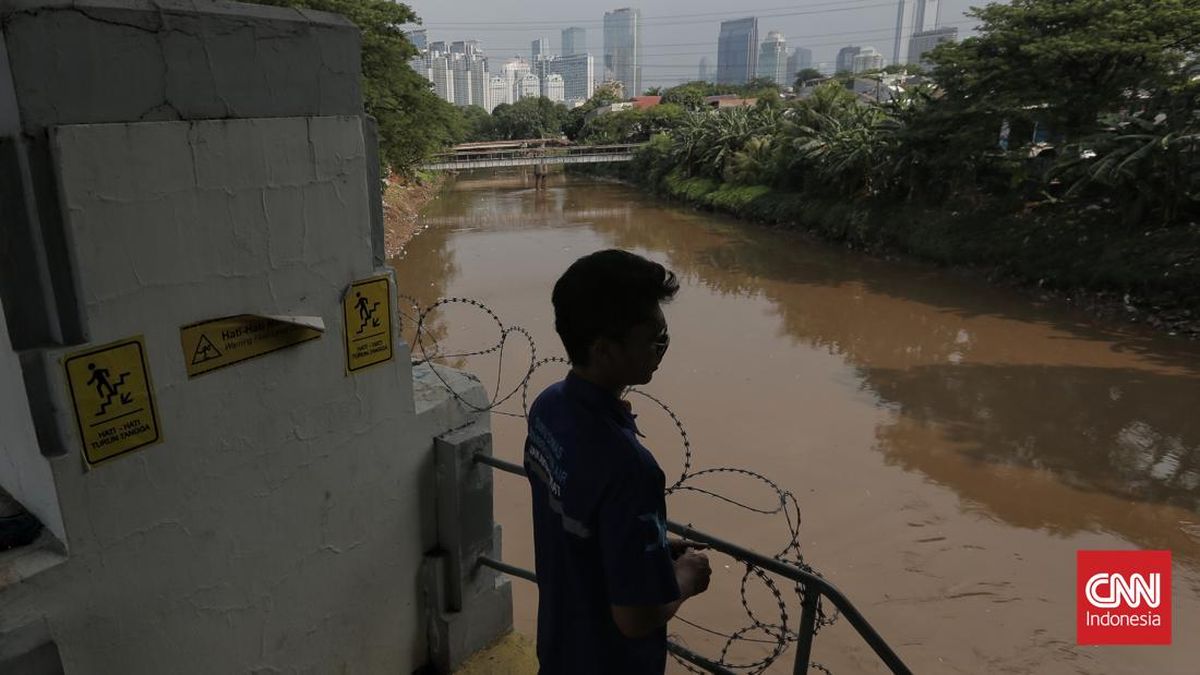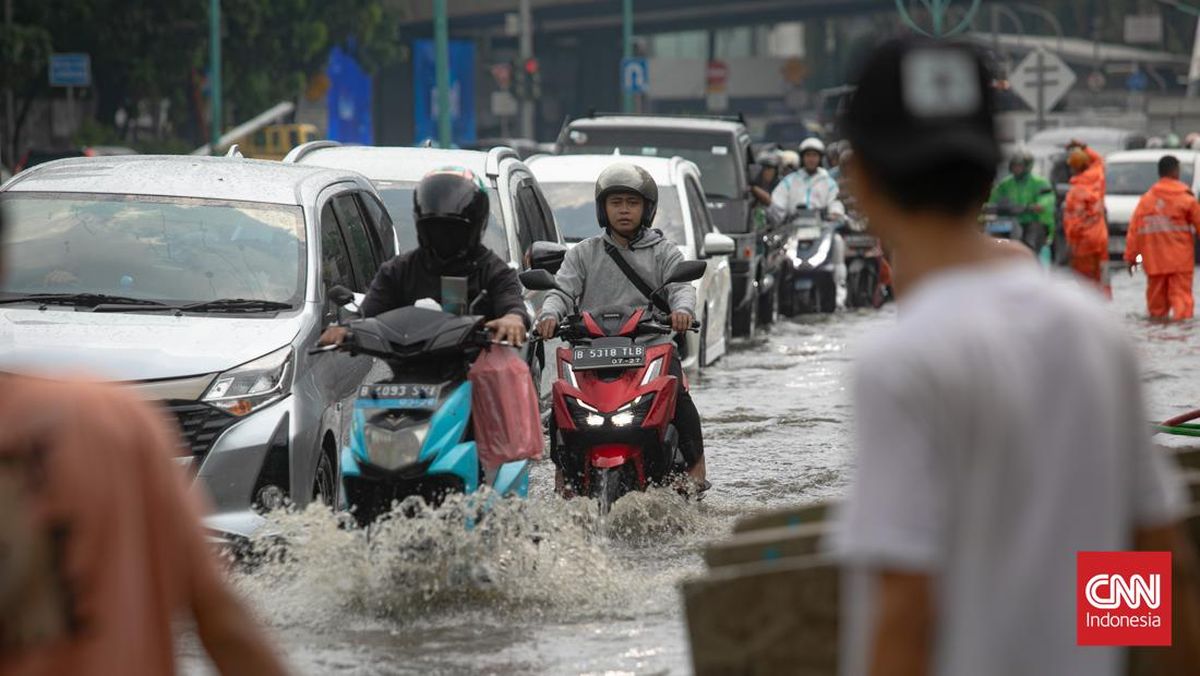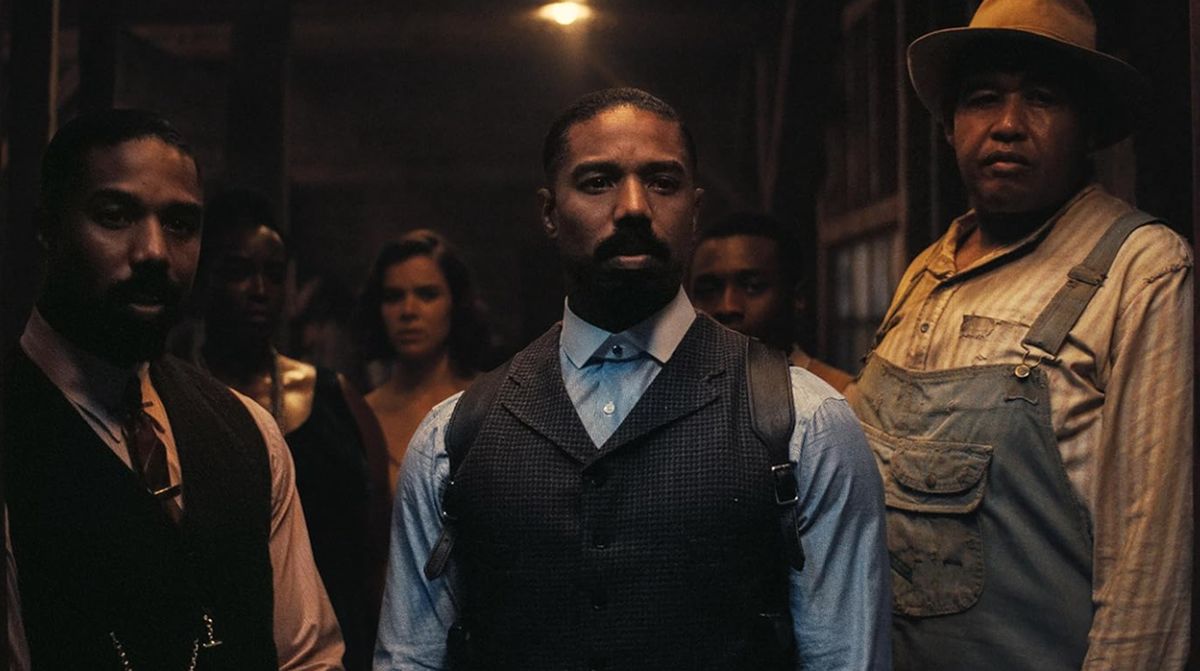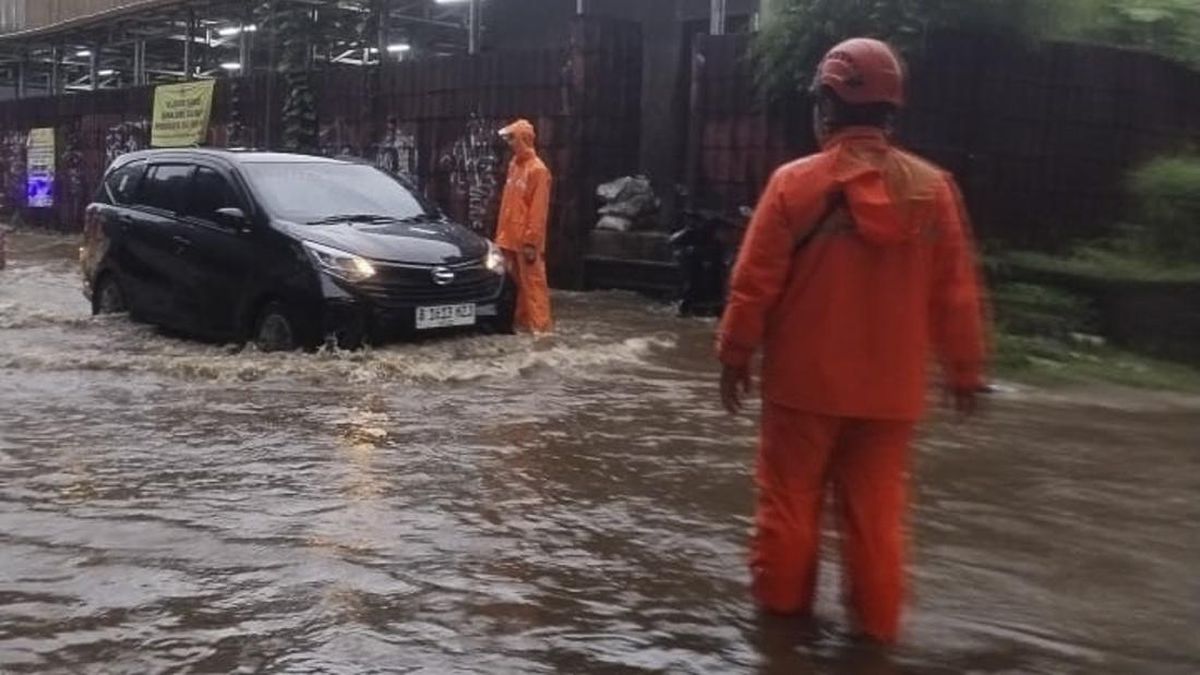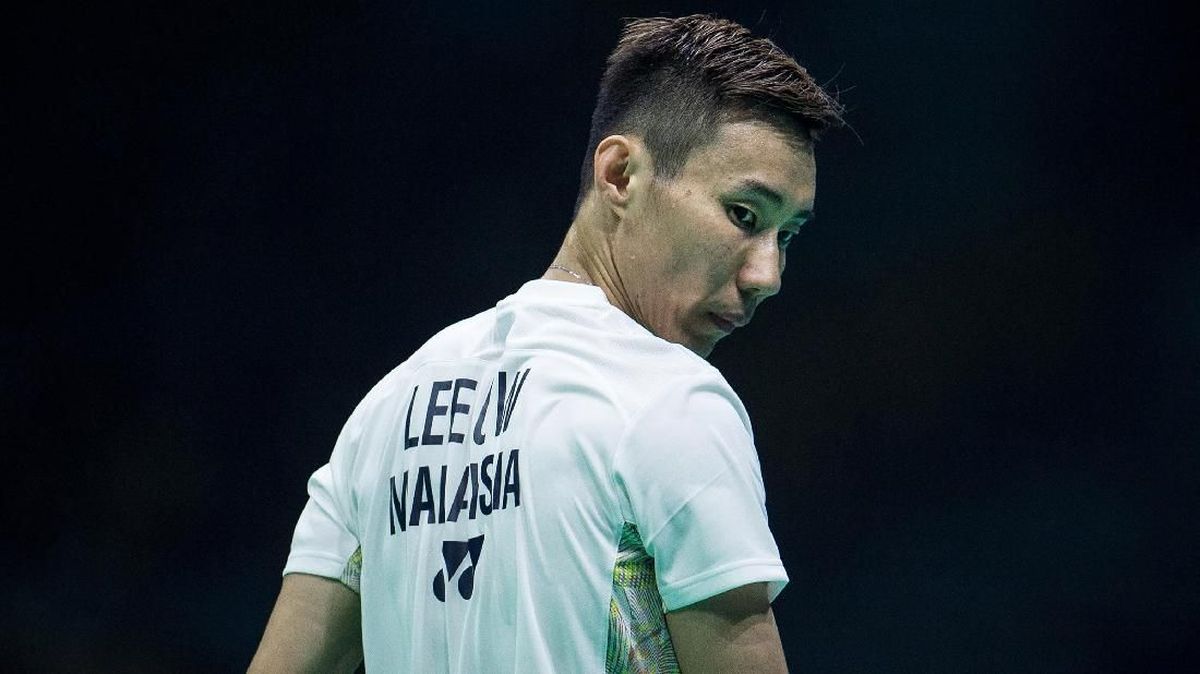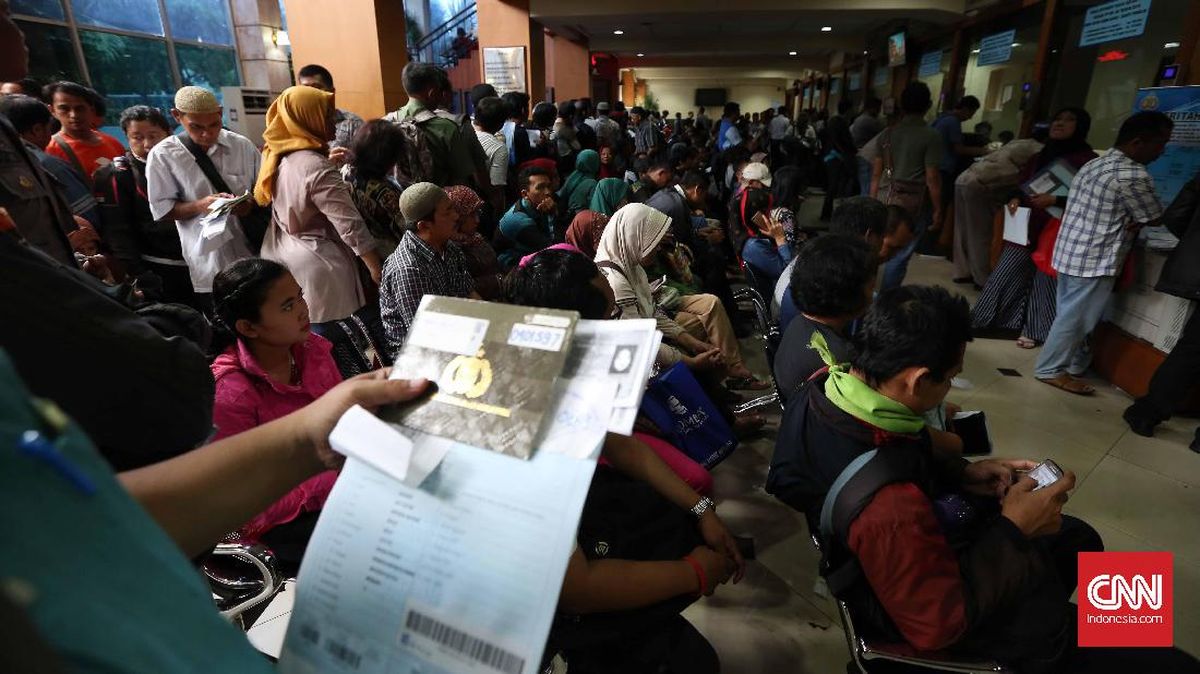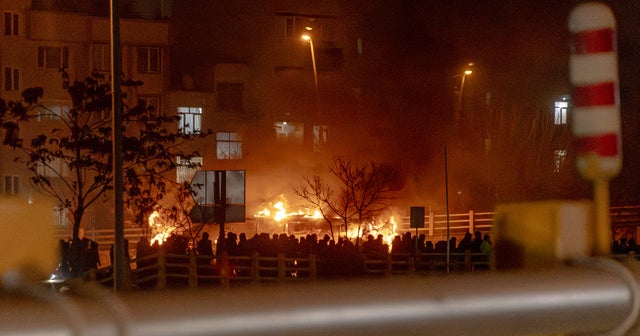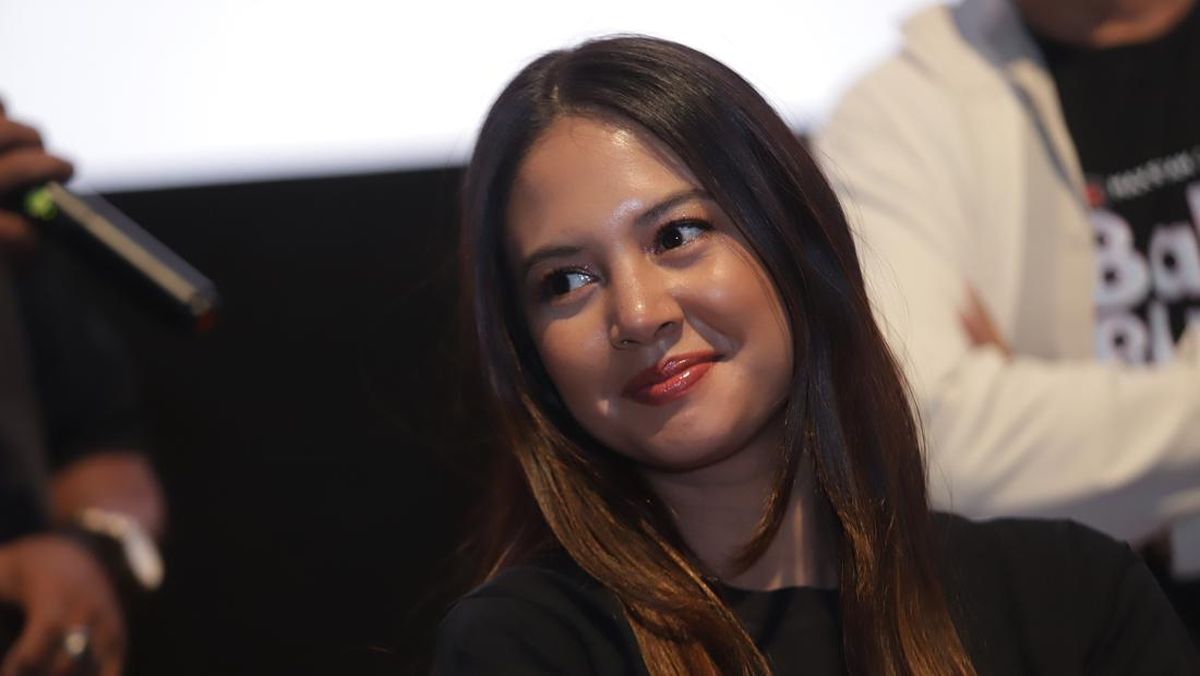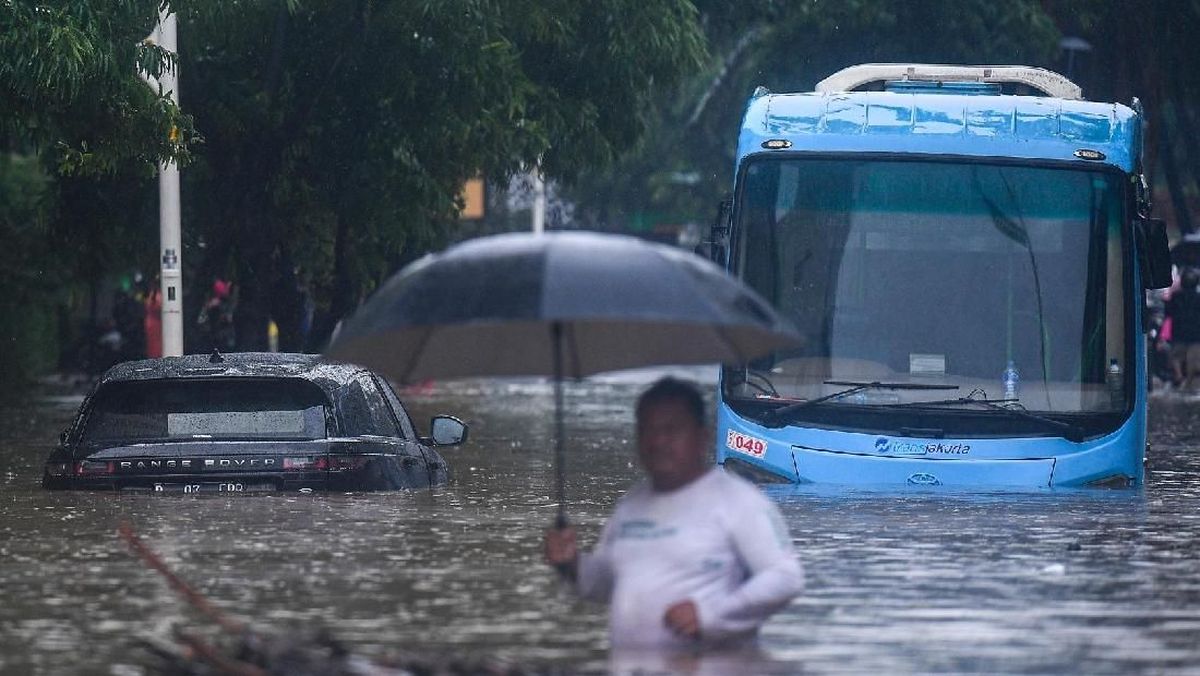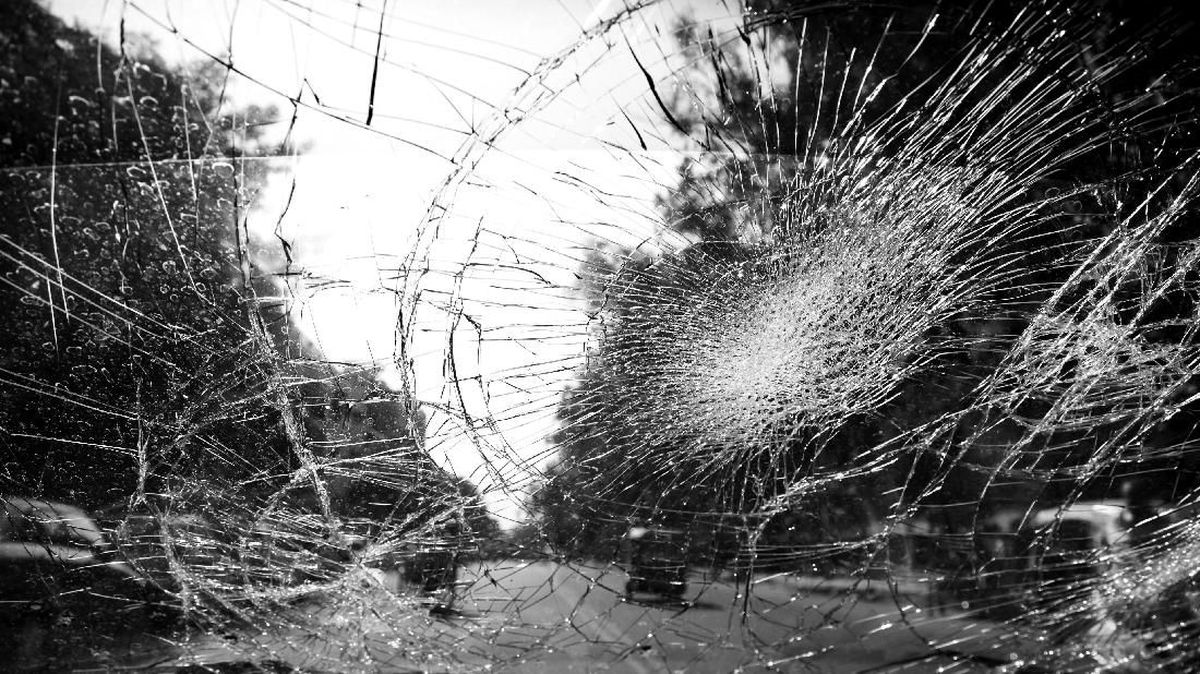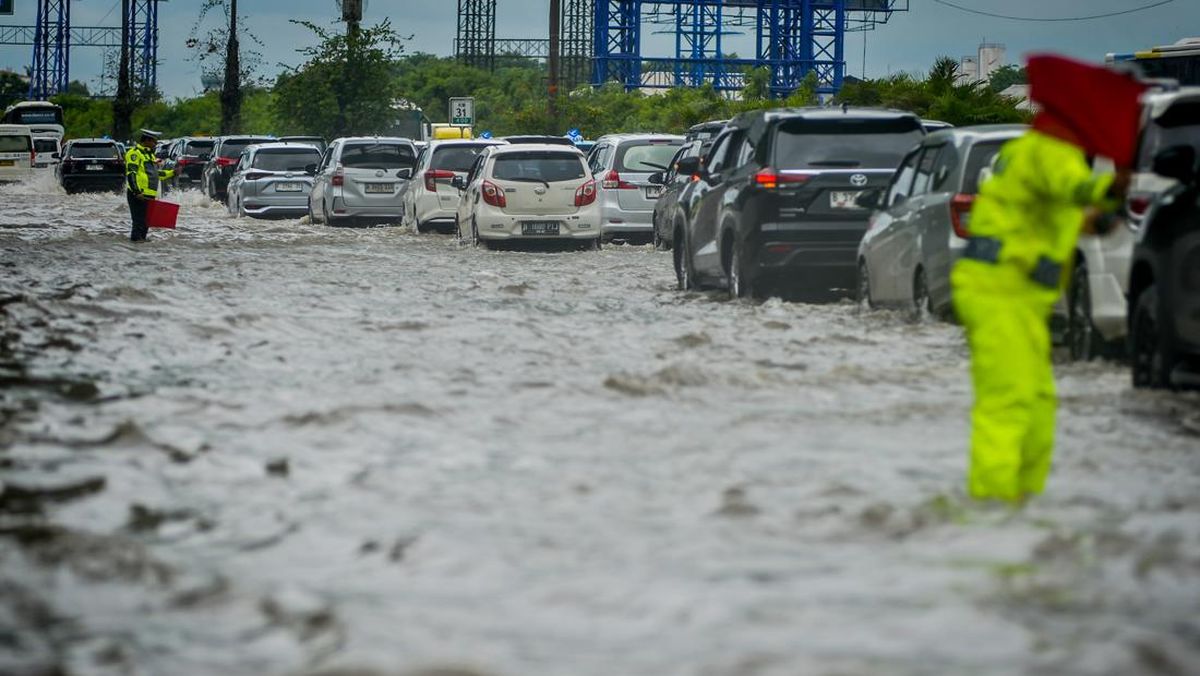London: The host nation for next year’s Eurovision Song Contest has moved to save the event from a widening boycott over the inclusion of a singer from Israel, as the war in Gaza brings political heat to the world’s biggest song competition.
Austria, which is due to host the event in Vienna in May, implored European ministers to counter the boycott and keep politics out of the competition so it could remain a symbol of peace and unity through the arts.
But the appeal is unlikely to halt the protests from Eurovision fans and former contestants given the long history of political conflict matching the emotion and drama of the performances onstage.

Israel’s 2024 entrant Eden Golan had to change some of the lyrics to her song Hurricane after the original version referenced the October 2023 Hamas attack on Israel.Credit: AP
In a step that highlighted the top-level fears for the event, Austrian Foreign Minister Beate Meinl-Reisinger revealed she had written to her European colleagues with an appeal to them to counter the calls for a boycott.
“The Eurovision Song Contest is a symbol of peace, unity, and cultural exchange – not an instrument for sanctions,” she said on social media.
Eurovision reached 163 million people last year and was expected to bring a broadcasting and tourism boost to Vienna next year after Austrian singer JJ won this year’s contest in Switzerland.
But the Austrian singer said in May that he thought the contest should be held in Vienna without Israel because of the war in Gaza, while 70 former contestants signed a letter that month urging all member broadcasters to exclude Israel from the event.
Australian singer Jessica Alyssa Cerro, who is known as Montaigne and competed in 2021, was a signatory to the letter.
Spain became the latest country to call for a boycott when its state broadcaster said it would not compete next year if Israel took part – the same stance taken by the Netherlands, Slovenia, Iceland and Ireland.
Spanish Prime Minister Pedro Sanchez had called for Israel’s exclusion in May, although the formal step was only taken in recent days by state broadcaster RTVE.

Protests have marred Eurovision since Israel’s assault on Gaza started in the aftermath of Hamas’ October 7, 2023 cross-border attack, but they have intensified in recent months.Credit: AP
Australia remains committed to the event, however, with SBS saying it would continue its tradition of broadcasting the show. Australian performers at Eurovision have included Dami Im, Jessica Mauboy, Kate Miller-Heidke and Guy Sebastian.
Russia was banned from the show after its full-scale invasion of Ukraine in 2022, but Eurovision expert Dr Barbara Barreiro Leon said there were differences with the question over Israel.
“A key point often overlooked is that it is not countries or governments that compete in Eurovision, but rather their national broadcasters,” said Leon, a lecturer in visual culture at the University of Aberdeen.
Loading
“In Israel’s case, it is KAN (Israeli Public Broadcasting Corporation) that participates, not the state itself.
“For comparison, Russia was expelled from the competition when its broadcaster breached Eurovision’s rules and was found to have used its platform for propagandistic purposes, something KAN has not been formally accused of.”
The European Broadcasting Union (EBU), which has co-ordinated the event on behalf of its members since 1955, is due to decide on participation in the contest at a meeting in December.
Leon said that the criticism of Israel had increased since 2023 in the Eurovision communities and was led by younger fans because of the devastation in Gaza.
“Given these pressures, the EBU may eventually need to re-examine the issue,” she said.

Spain’s 2023 entrant Blanca Paloma was a signatory to a letter opposing Israel’s participation in Eurovision.Credit: AP
In their letter, the 70 former contestants drew a direct comparison with Russia when they called on the EBU to ban Israel.
“By continuing to platform the representation of the Israeli state, the EBU is normalising and whitewashing its crimes,” they said.
“The EBU has already demonstrated that it is capable of taking measures, as in 2022, when it expelled Russia from the competition. We don’t accept this double standard regarding Israel.”
France has confirmed its support for the event and the BBC’s director-general, Tim Davie, told a parliamentary committee last week that Israel’s inclusion was up to the EBU.
“Eurovision has never been about politics – it should be a celebration of music and culture that brings people together,” he said. “We need to see what the broadcast union decides.”
German culture minister Wolfram Weimer backed Austria on the weekend by warning against “cancel culture” disrupting an event that sought to unify Europe after the conflict of World War Two.
“Eurovision was founded to bring nations together through music. Excluding Israel today goes against this fundamental idea and turns a celebration of understanding between peoples into a tribunal,” he said.
“It’s precisely because Eurovision was born on the ruins of war that it should not become a scene of exclusion.”
Most Viewed in World
Loading

